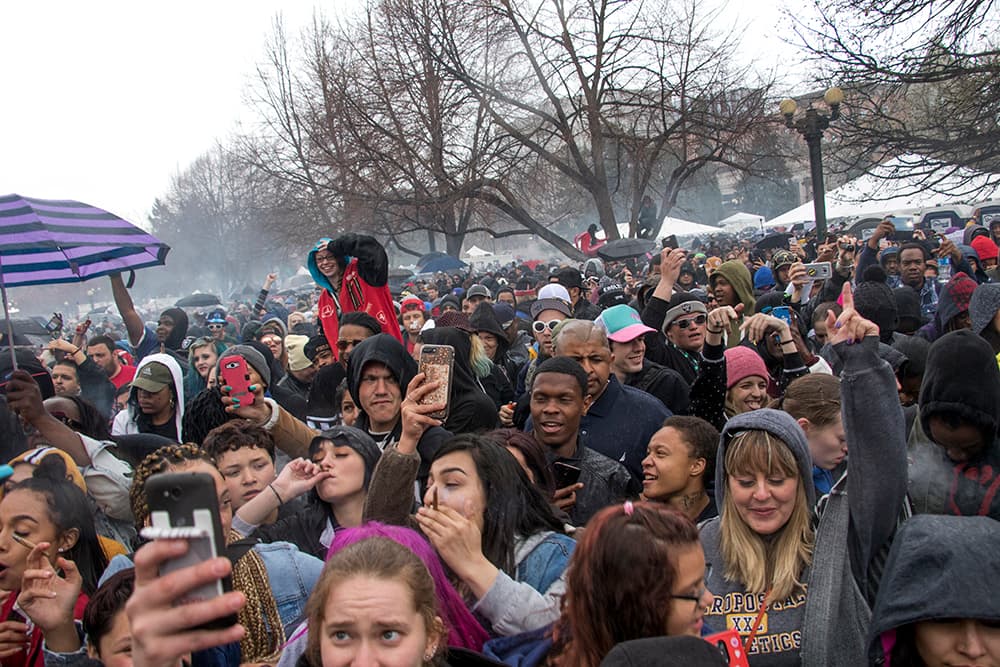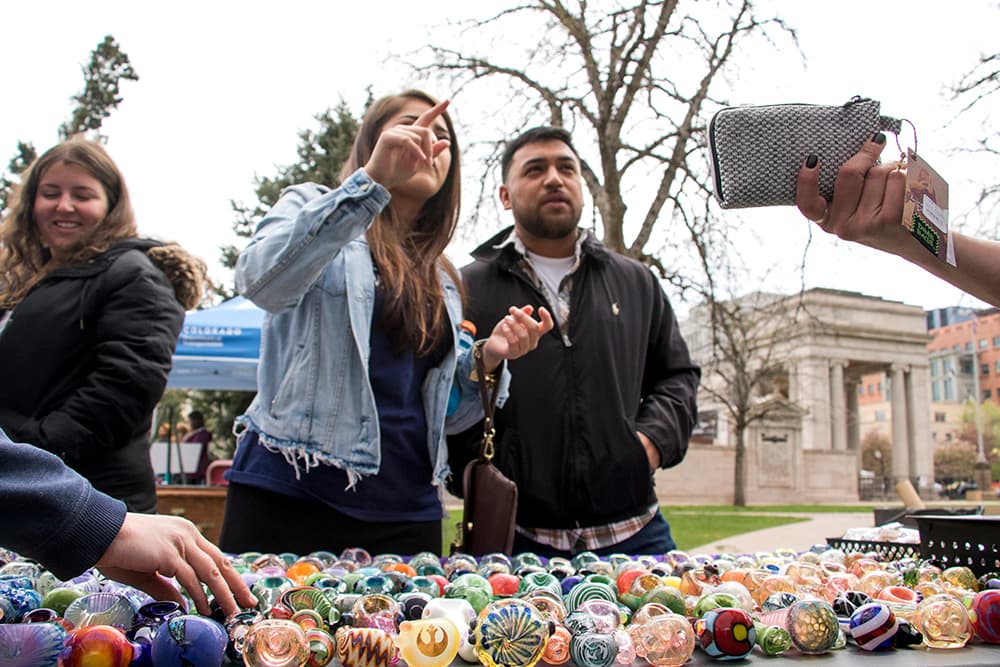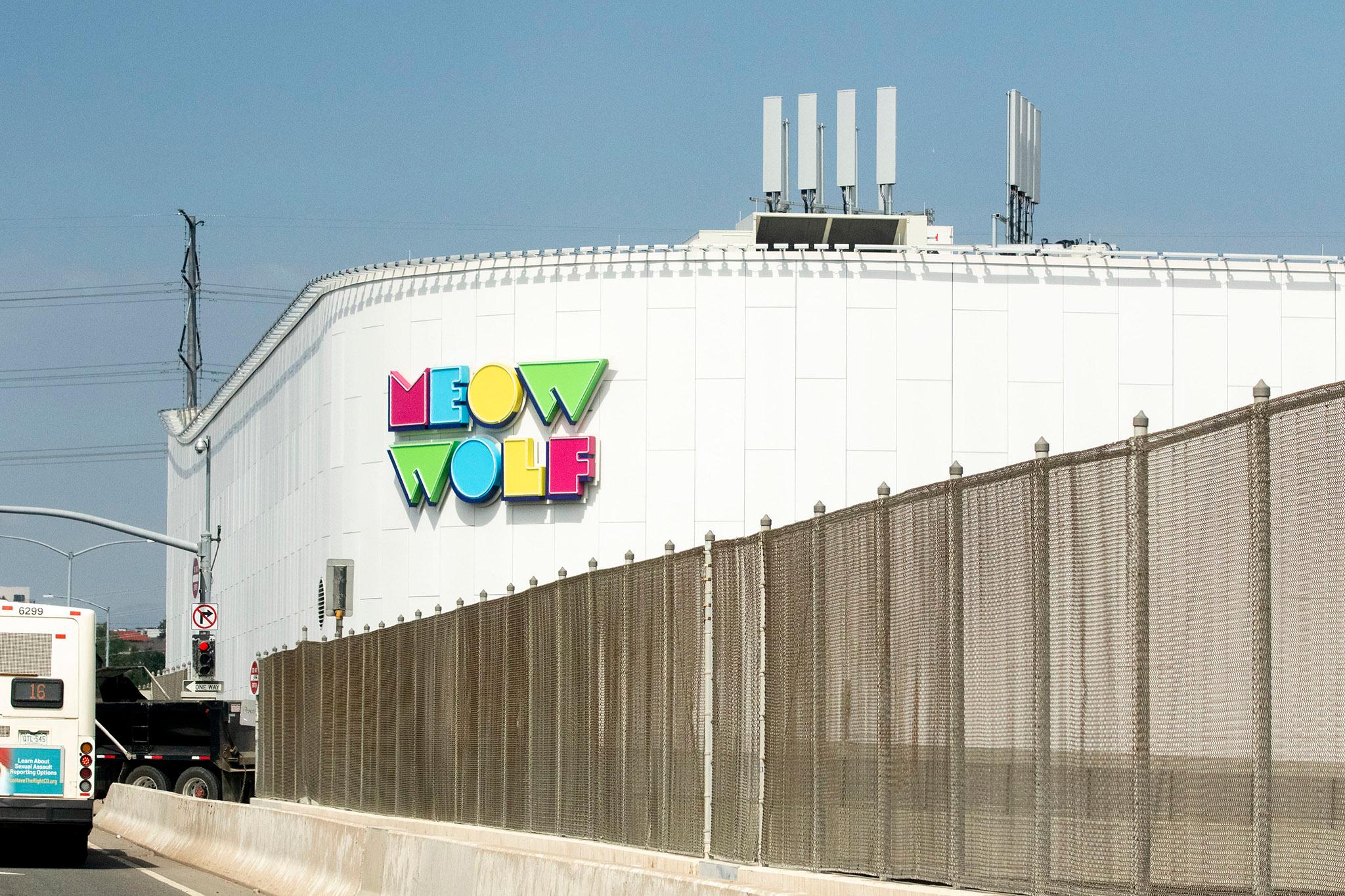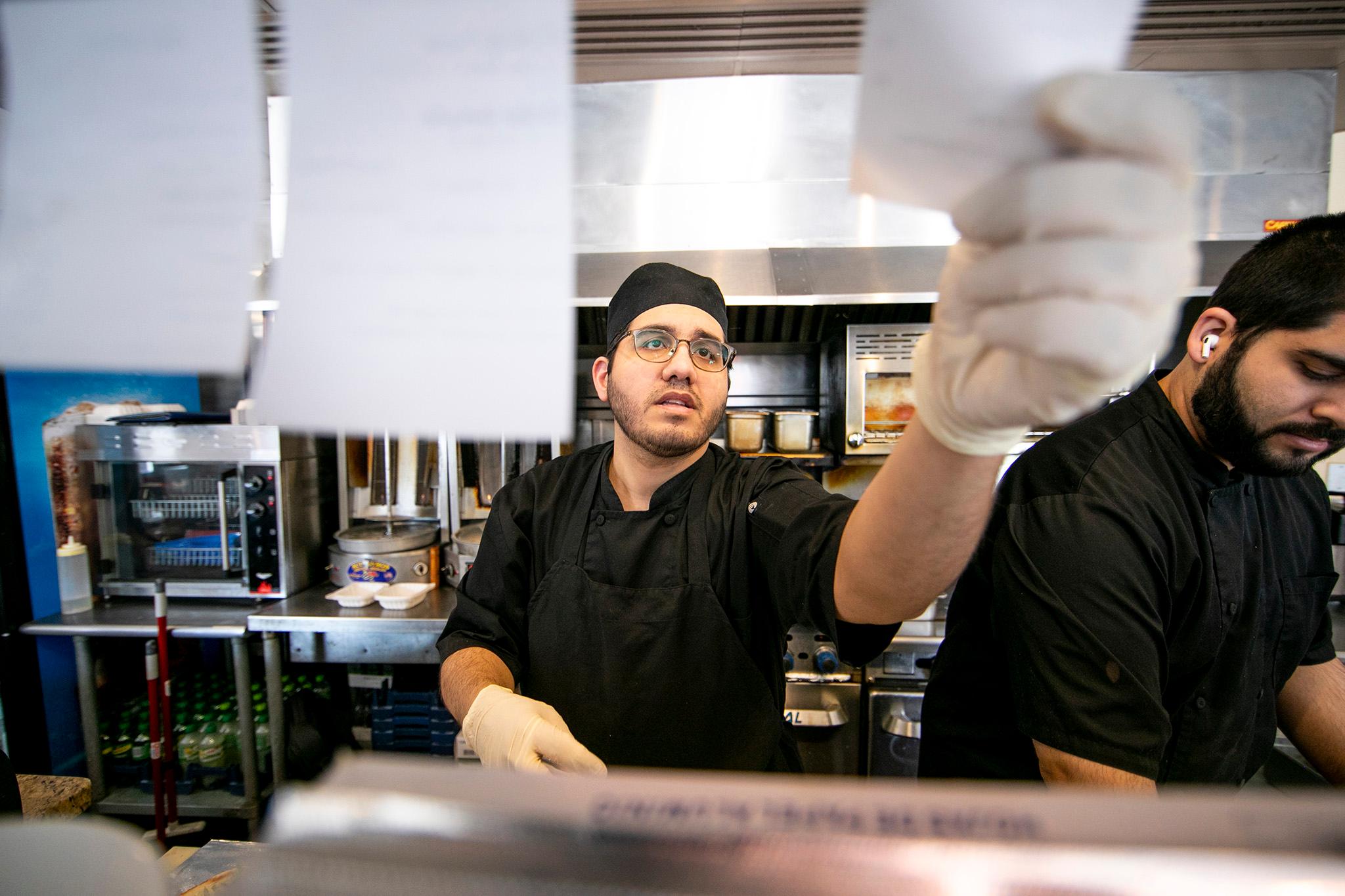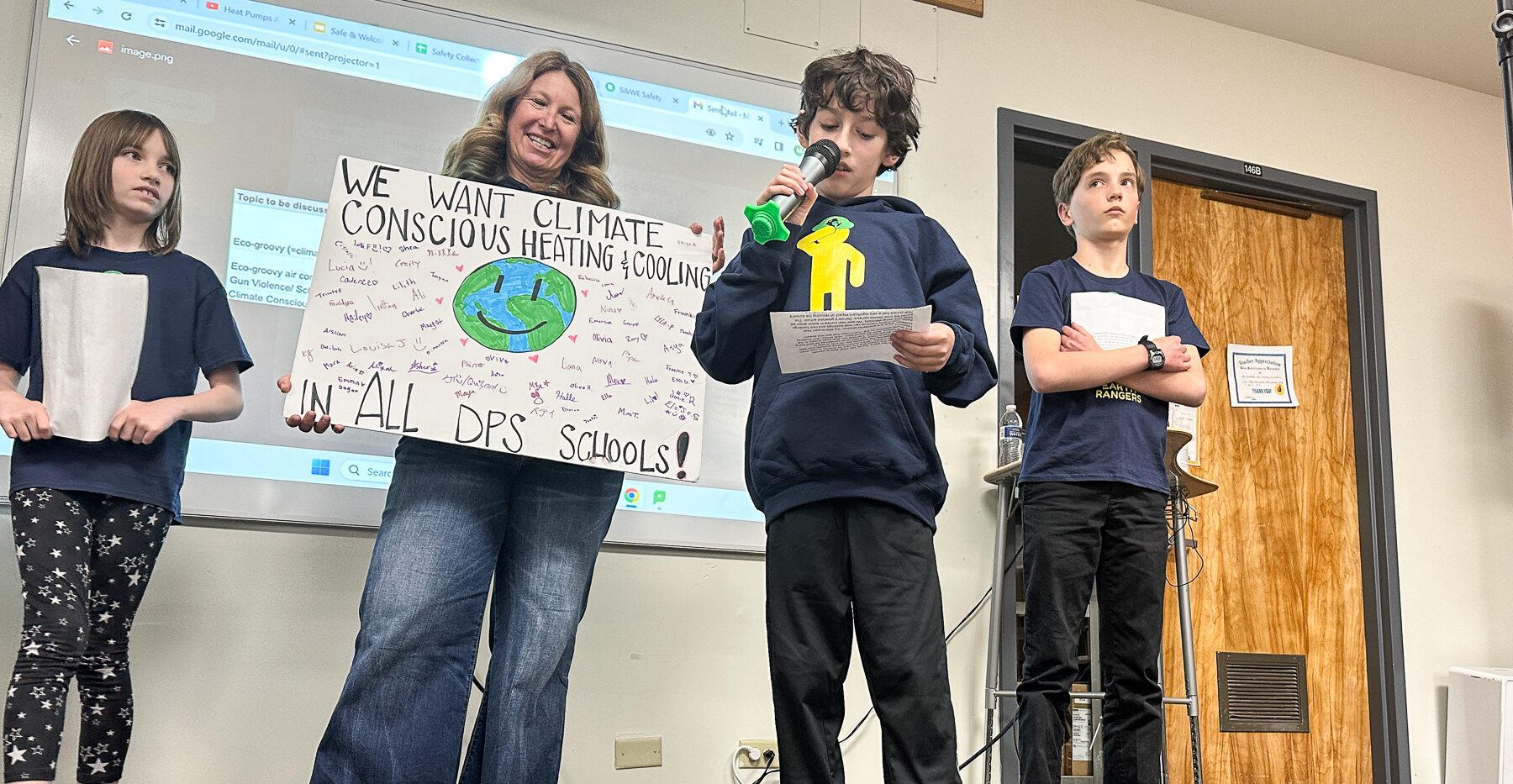A new program at the University of Denver aims to learn more about immigrants in the Mountain West without peering down from academia's usual detached heights.
Rebecca Galemba, an associate professor of international studies, and Lisa Martinez, professor of sociology, have been waiting a long time to officially open DU's Center for Immigration Policy and Research. They pitched the idea in a "Shark Tank"-styled funding contest meant to bridge departments at the university. Galemba said they were all set to accept a grant and get started when the pandemic arrived. That pushed their launch date back significantly. But they quietly began planning in 2020 and had a "soft open" last fall. Now, the two researchers are ready to kick things off in a more public way.
On April 7 and 8, they plan to hold a symposium that will plant a flag in the kinds of work they hope to foster in the coming years. Galemba said the center will focus on three major issue areas that immigrants face: health and education, work and labor and policy. The event will likely be in-person, so long as another COVID variant doesn't reignite pandemic precautions.
Martinez and Galemba want to buck long-standing academic traditions with this project.
Their work has intersected in the past, but they said this formalized research center will better connect the separate departments they and other instructors belong to. They also want to change the way they find topics to dig into.
Galemba said DU has long been involved with local immigrant communities and advocates. A lot of alumni are now point people at Colorado immigrants rights groups she works with. But she said academia's relationships with communities is often "a partnership defined from above." University funding usually comes with university priorities and guard rails, which can subvert the equitable relationships she said are necessary to really understand what's happening with people.
"We at the center really want to shift that, in terms of thinking of community partners as being collaborators," Martinez said, "taking it out of the ivory tower."
The center, they told us, provides a centralized roof for everyone to gather under. Galemba said it will be a venue for academics to create real bonds and friendships with people who have immigrated to this country, who can tell researchers what they think is worthy of study.
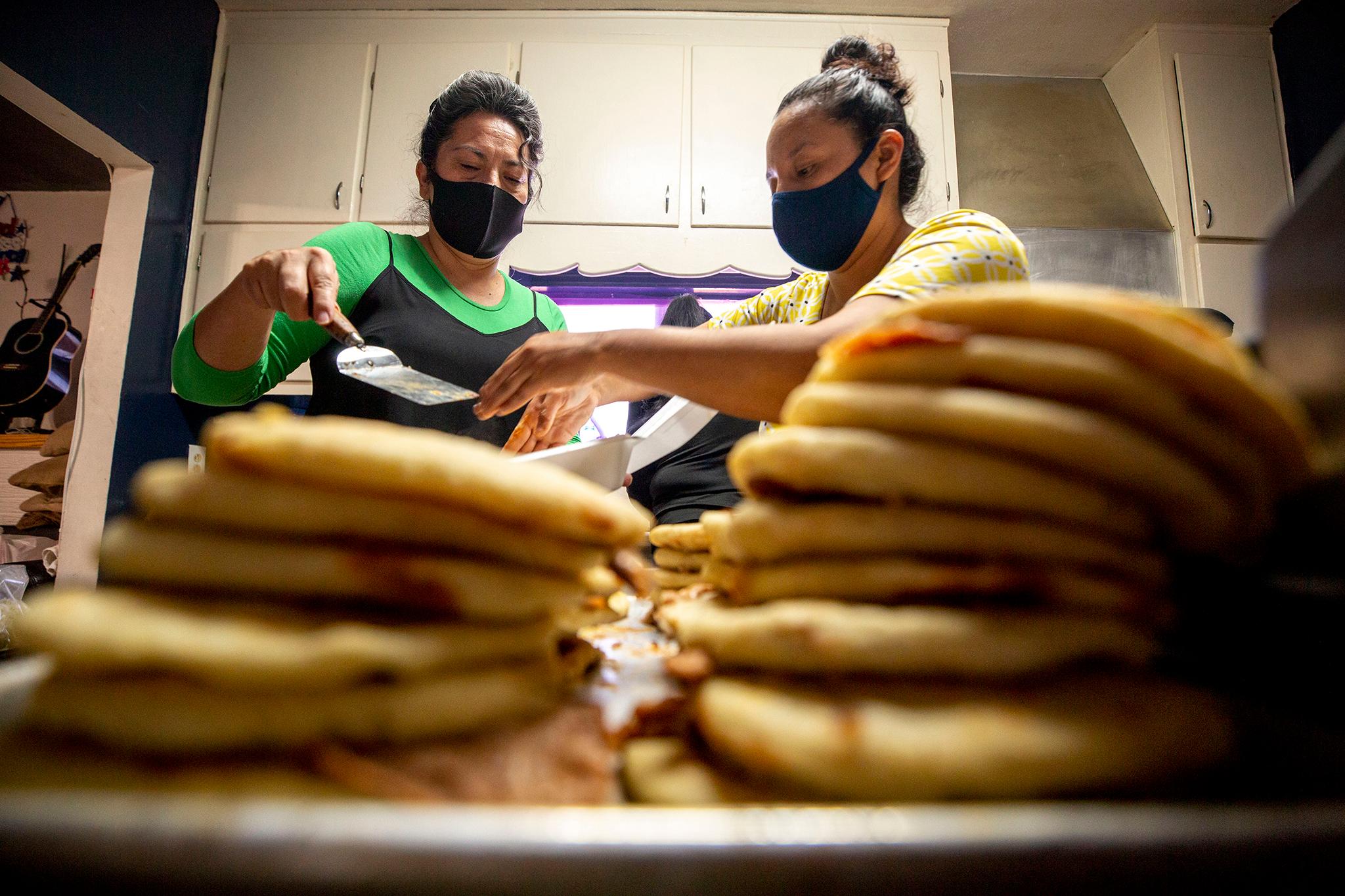
Martinez and Galemba plan to distribute small grants to researchers and advocacy groups to make these connections happen. The center will also encourage arts and culture projects related to immigrant communities, which may help this cause and aren't typically invited into academic spaces.
Better trust also means sociologists and demographers may have an easier time finding the truth about issues they're looking into, Galemba said. They'll be able to move more freely in communities whose cultures or precarious immigration statuses might otherwise pressure them to keep quiet.
"We can get to more valid and accurate understandings that are actually usable," Galemba said, which is crucial for the next step in the process: making findings available to the communities researchers study and the politicians whose decisions can have dramatic impacts on immigrant families.
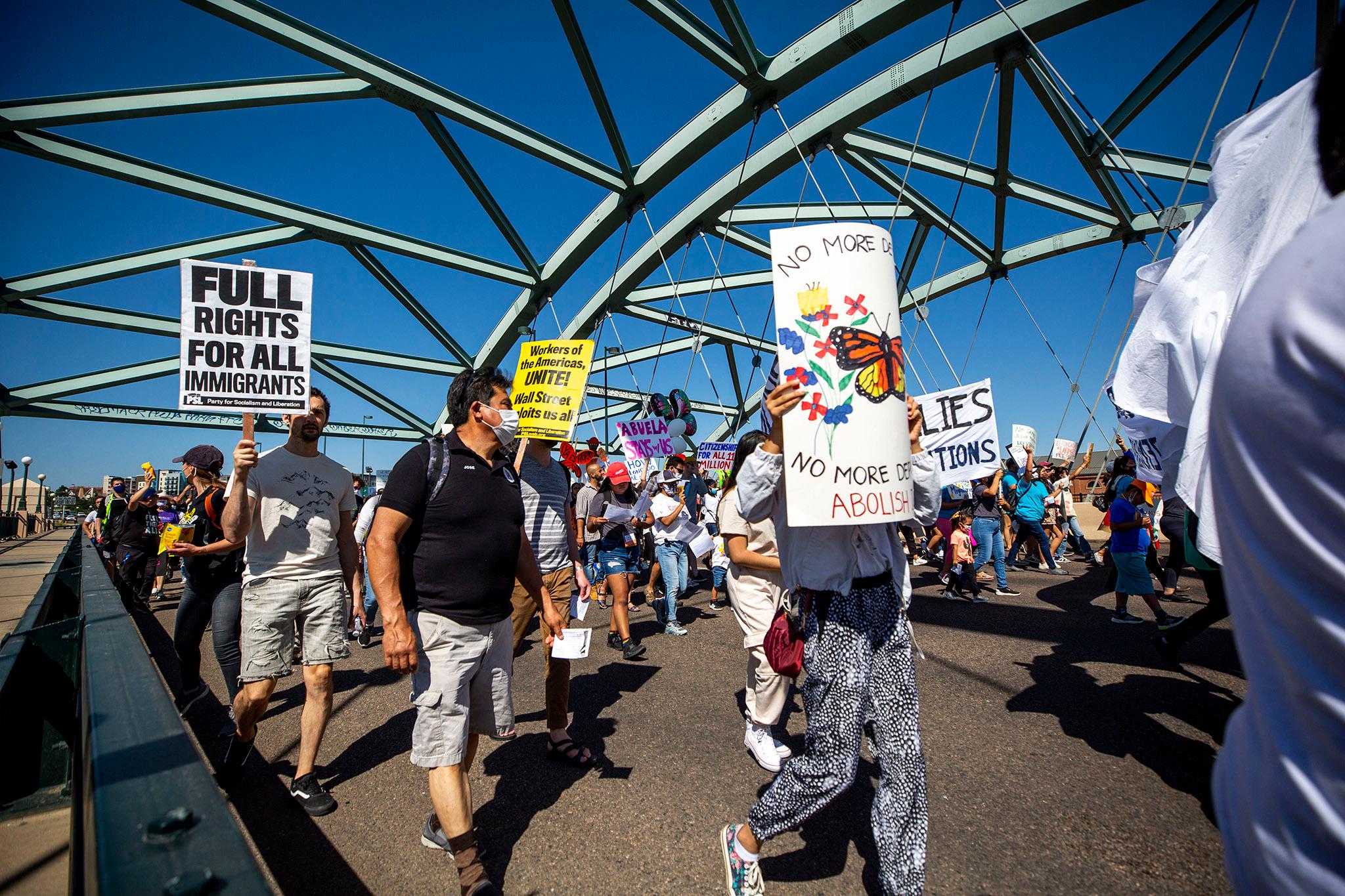
Martinez said researchers are sometimes frustrated that their papers and books don't usually make it out of academic settings, particularly if their work is focused on regular people. The center represents an intentional push to place findings back into the world, to use data and rigorous exploration as an opportunity for empathy.
"I hope, by showing the challenges that people face, the resilience that they demonstrate, that it may shift some perspectives," she said. "It definitely helps to have a more formalized structure in place and really create the collaborative energy and spirit around this work."
The Center for Immigration Policy also aims to show the Mountain West is worthy of this kind of study.
Galemba and Martinez said the Denver metro, in particular, has long been a center of immigration issues in the U.S.
The city's early days were defined by European settlers from places like Lithuania and Ireland.
In 2006, Colorado became the first state in the nation to pass a "show me your papers" law, which required law enforcement to report anyone suspected of being here without documentation to federal authorities. Before it was repealed it in 2013, the law created a chilling effect that persuaded many immigrants to avoid coming here.
In recent years, the state has passed laws that allow undocumented residents to get driver's licenses and easier access to housing.
Aurora is also home to a large private detention facility where federal officials hold people in deportation and asylum proceedings.
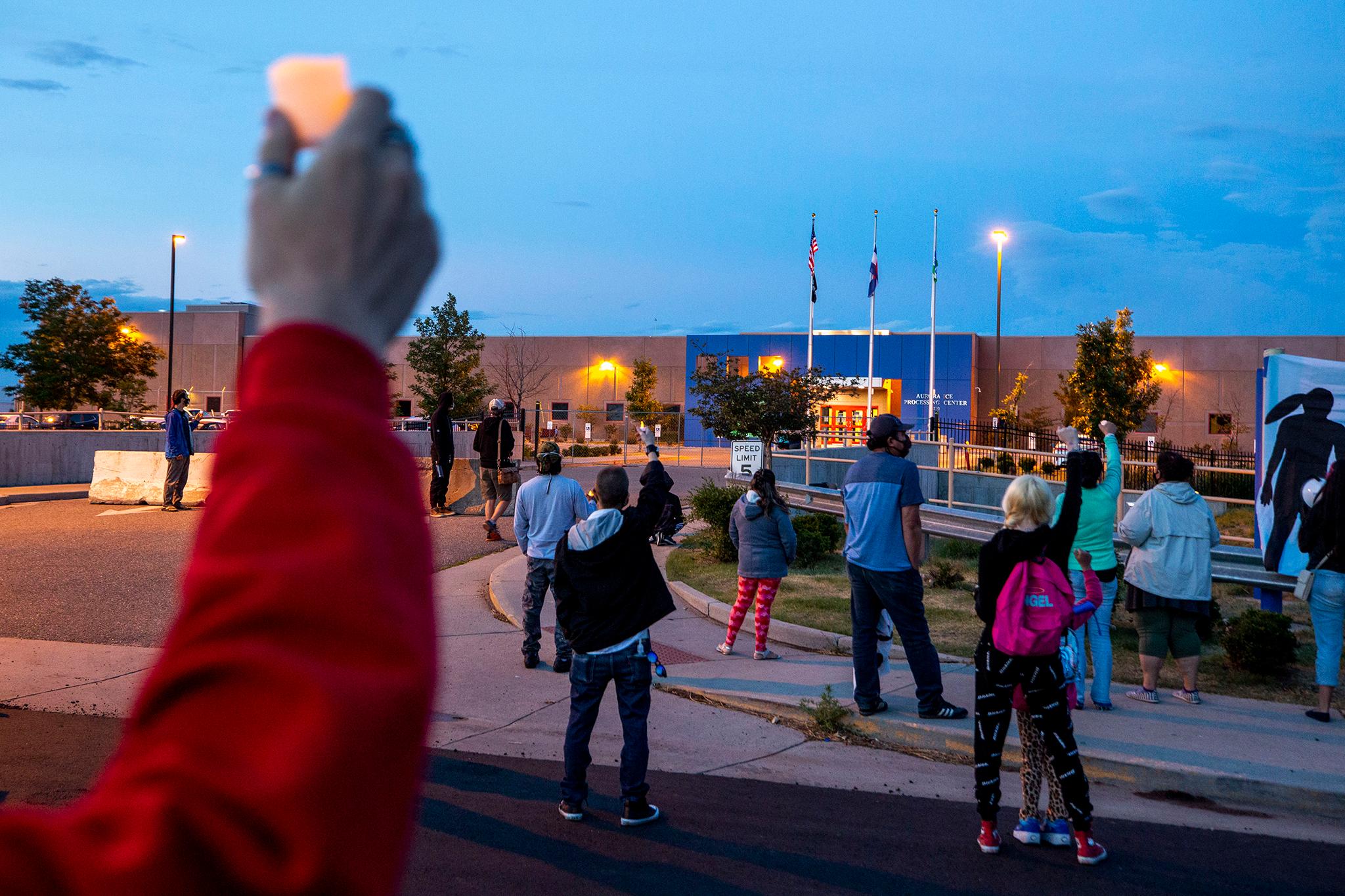
Galemba said social scientists have identified Denver as a "reemerging immigrant gateway," a place where newcomers are increasingly arriving. The city's massive growth is one reason why, as Denver attracted people of all stripes to the Front Range. She added Colorado's historic connections to Mexico have long attracted Latinx immigrants to the area.
Universities in California, Texas and the east coast typically win research grants to dive deeper into migration, Galemba said. By founding the center at DU, she and Martinez hope to bring more attention to how these issues play out in the country's core.
If you want to keep tabs on the symposium, you can send an email to [email protected] to get on the center's email list.


